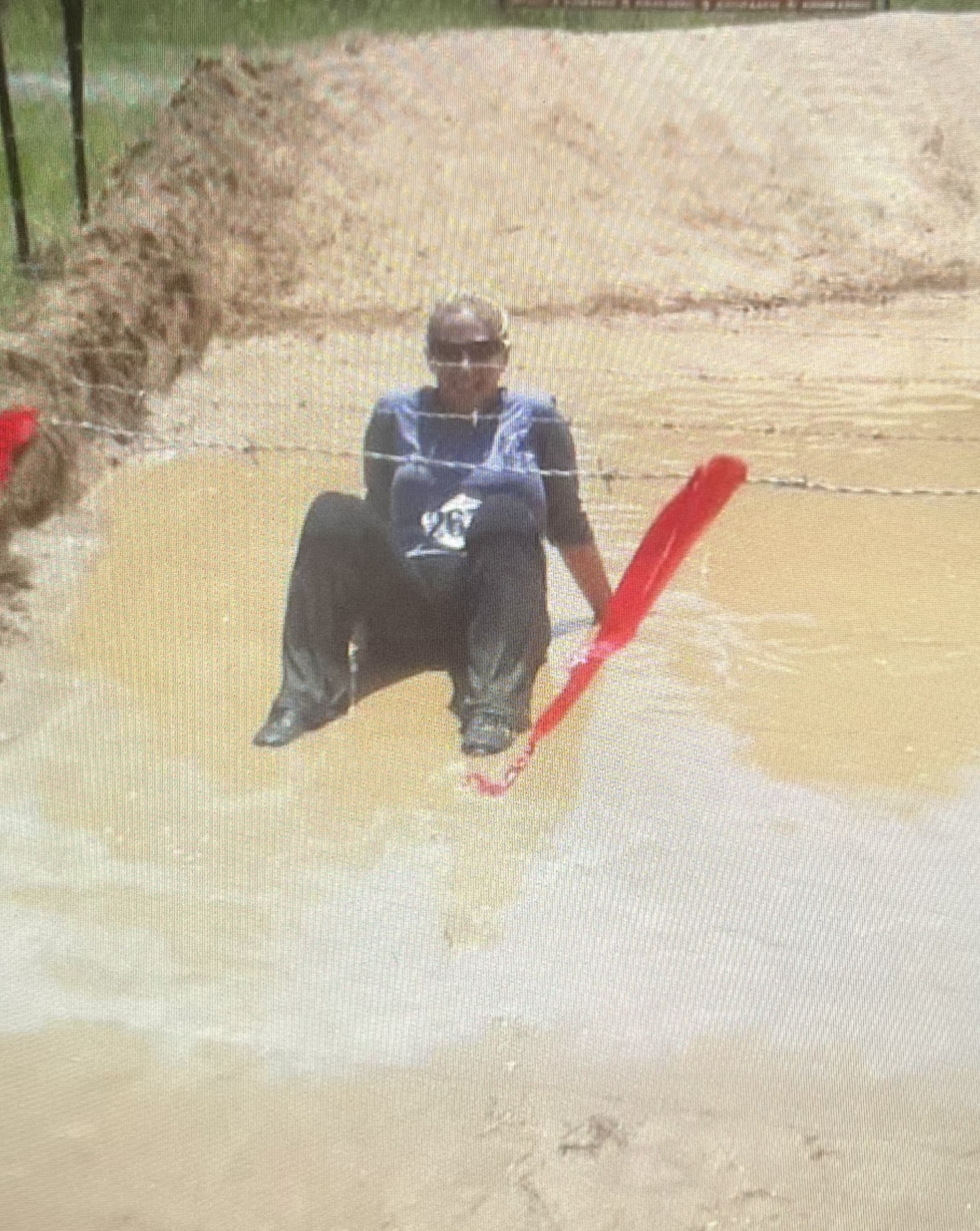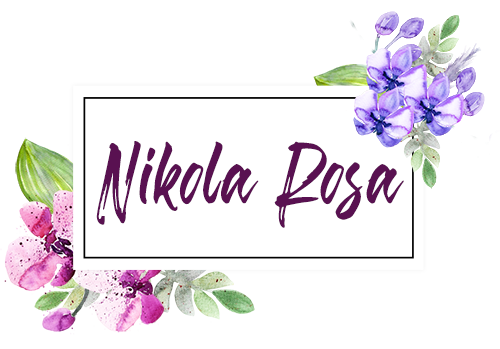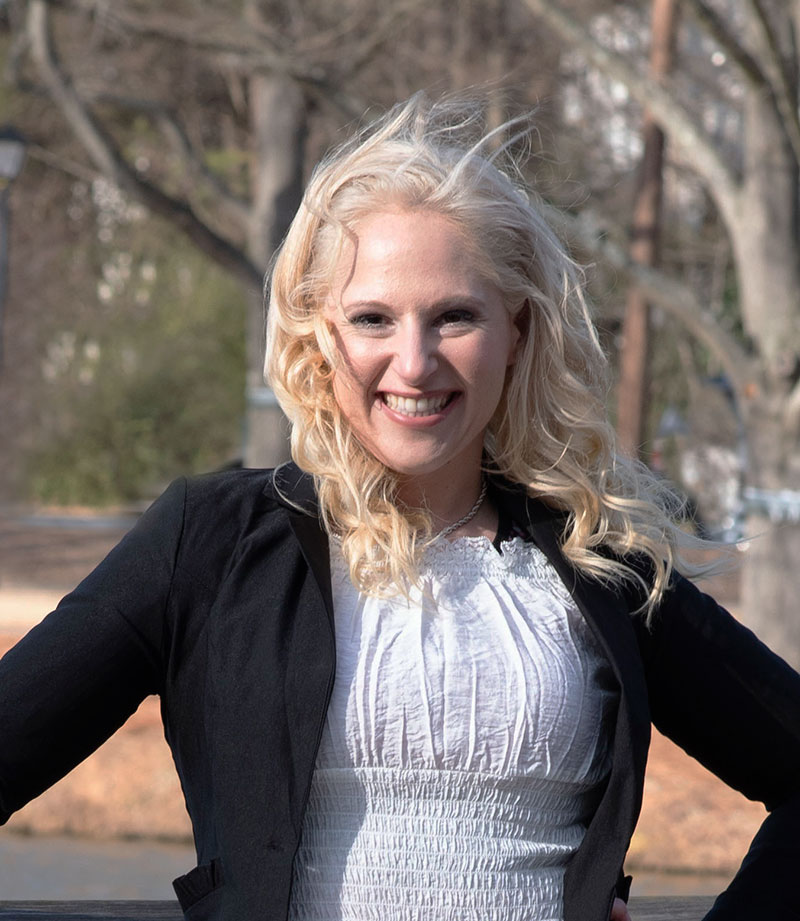
What is self-care really, anyway? I thought I knew about self-care. I thought I knew how to “take care of myself” long before I ever even heard the term self-care. I realize now after 41 years of circling the sun that no one ever really taught me about how to truly take care of myself. No one modeled “taking care of themselves” for me. My parents modeled survival. Paycheck to paycheck. Making ends meet. Striving. Working hard. Being there for the ones you love. But not self-care. In the rat race of survival, there was no time for that.
It wasn’t their fault. They were doing the best they could with the tools and resources they had to survive. They learned the methods and way of life they did from their parents who were also survivors. Life though, it was always about “enough.” Having enough, making enough, doing enough, being enough. But never feeling like enough. The feeling of “never enough” is I think the precursor to the “problem of more.”
If a little bit is good, a lot is better, right? One is too many, a thousand is never enough. Because we’re trying to fill a void that is ultimately elusive and intangible. It’s not something we can grasp or buy in a store or win in a lottery, and as a result, we attempt to fill it with all the things we can buy, or earn, or win, or steal. We fill it with substances and foods and people and experiences and so on; but it never is ENOUGH because we’re filling it with what it is not.
So now, in our current culture, with our new age understanding of self-care, we try to do better. We try to “fill the hole” with healthy things instead of self-destructive substances and solutions. At first self-care had taken on a luxurious connotation. It was all about manicures and pedicures and massages and whatnot. But it did not work. No amount of “luxury self-care” was enough either. And it turns out that it’s quite expensive.
So over time our culture has tapered from the luxury lens to a more holistic endeavor. We’ve come to realize that it is caring for ourselves by fueling our bodies with nutritious food, exercising regularly, opening our egos to the idea of therapy and meditation and the like. I would argue though that the hole is still there. It’s still unfilled because what we really needed as kids was not Bikram yoga or organic foods; it was love. It was belonging. It was community and attention and feeling like we had a place in the thick of things. A purpose. Peace.
Repair can only come by filling something with what was lacking. We can’t cross cover our wounds with medicine that doesn’t fit the injury. If someone is starving from lack of food, no amount of yoga is going to save their life, no matter how good it is for the mind and body. If someone is dangerously sedentary, no amount of food is going to fix their unmet need for movement. Like needs like.
In this way, self-care is a very personal and malleable term. What I need is different than what my neighbor needs. Only one person in the world can know what I need truly and deeply, and that is the person that has lived with me my entire life, myself. And what I need day to day may be different. I have legitimate back problems. Exercise is the most effective medicine. I need it daily to prevent flareups. But when there is a flare up, I may need Physical Therapy or a Massage. But those are symptom-related, not daily or permanent needs.
To know what I need I have to listen to my body, mind and spirit. I have to get quiet and pay attention. I have to respect and honor myself and my humanness. The trouble with survival mode is it’s akin to the fight or flight response of our amygdala. When it is activated, all our other body functions and organs freeze or shut down to allow us the laser focus to eliminate the threat to our survival. When we live in a constant state of survival, we never get traction anywhere beyond that because all our superfluous and magnificent functions are frozen; we divert all our energy to survival.
Often though our survival does not take THAT MUCH energy, and we’re left with an excess. Rather than reactivate all our other abilities, we sideline that energy into a survival reserve and we celebrate our survival success with self-destructive sources of relief. We go out for drinks. We get sugary treats. We buy things we cannot afford, and so on. All because we want to celebrate that we survived while staying in survival mode because we’re on call for the next threat to our stability. We’ve conditioned ourselves to know it’s coming; it is only a matter of time.
So rather than digress to less important matters, we stay in survival mode and hold the line with relief-giving habits, behaviors and substances. This is comfortable for us. This is comfortable for me; it is what was modeled for me. Work hard, and then comfort yourself with some form of relief until you have to work again. Work, comfort, work, comfort, and the cycle continues. The comfort could be food, alcohol, shopping, sex, or so on. It really doesn’t matter. None of it is growth. None of it is novelty. The novelty of those comforts wore off a long time ago. Chemically though, they continue to do the job. They incite the brain to drop the dopamine into our blood and we soak up the high of the hit, and then continue on with our day. It just never gets us anywhere.
And the problem of more continues to pervade our minds, causing us to need more and more of the “drug of choice” to keep the relief feeling substantial. This is where things get dangerous because we spiral down into addiction, or into excessive weight gain, or a boatload of debt, or other giant real-life hole that we now have to dig ourselves out of to exist in peace.
The minute we realize the hole we’re down deep in, we start to look for a way out. We try to climb up the sides to get to the sunlight, and yet, the harder we climb, the more we scrape the dirt sides, watch the dirt we grasped at fall, and the hole gets bigger and bigger. The bigger the hole, the more scared we get, and the more we try to climb, but the dirt walls that encircle the hole have no strength, no foundation for us to grip, certainly none that can support our weight. So we fall. And we fall. And each time we get more hopeless; feel more helpless. More lost. More desperate.
The lowest and deepest part of the hole is called learned helplessness. Where we have gotten SO low that we no longer even try; we no longer believe we have any means of escape; no energy left to fight. And we give up. This is where suicides occur. Sometimes the suicide is fast like a bullet. Sometimes it’s slow like the slow death of alcoholism and other destructive addictions. And to think, it all started with the pursuit of enough and the problem of more. Could things be different? There has to be a way.
But how?!
Well, let’s circle back to self-care. What did I not learn in my childhood that I could learn now that could light my way down a new path; a path to true abundance; true contentment and peace…
Well, if we go by Maslow’s hierarchy of needs, we could at least attempt a new way; a bottom to top approach. But it would require something for there to be any chance of true success: Awareness and honesty. It would require me to be honest, most importantly with myself, and to be honest in a way that allows awareness of what care I really need in any given moment. It would require me to stop putting myself off, to stop putting myself last, it would require me to actually put myself first, to put my body first, to put what I need above what anyone and everyone around me want, and it would require me to do it ruthlessly and consistently. It would take root only when the force of the effort was multiplied by the measure of time. And in time, it would grow.
Strength would grow. My ability to hear and listen to my body would grow and my reaction time would steadily improve. This leads to the exact opposite of learned helplessness: personal empowerment, faith, hope and accomplishment. Success would build motivation that would derive the sheer will to pursue more success. And the cycle would continue. Opposing the cycle of self-destruction we had experienced before, this would be the opposite; the cycle of self-preservation; the cycle of self-actualization; the pursuit of possibility instead of powerlessness.
So, back to basics. Let’s get physical. What does this all look like in real life?! It means, if I am tired, I need to rest. NOW. If I am hungry, I need to eat. If I am thirsty, I need to drink. If I am stressed, I need to do something NOT self-destructive that relieves my stress (yoga, exercise, meditation, grounding, walking, resting, talking with a friend, watching a funny movie, etc.). If I am hurt, I need to find an emotionally safe place to express my hurt feelings; not keep them inside and not bury them under sugar or shopping or alcohol.
It means if I am feeling alone, as MANY of us often do in this current culture of being “more connected than ever;” I need to find support and community and engage with them, whether it is through taking a class, pursuing a hobby, talking to a friend, joining a fraternal organization, etc. It needs to be in person and it needs to be, as Laura McKowen wrote, “a place where the truth is told.” In other words, it needs to be a place where I can be authentically myself, anything else will always leave it feeling like it was not ENOUGH.
I owe a debt of gratitude to this understanding I have learned through many incredible women I have learned from, especially Kelly Coffey, creator of the Pleasure Principles and Strong Coffey Wellness for Women, as she was the first to help me understand the problem of more and the path to wellness. It has been a long journey and as I stand in the midst of it with so far to go, all I know is this…
I have waited SO long for my hero to come along, to save me, to care for me, to carry me, and after ten long years living in deep grief and loneliness, with a huge void in the shadow of the superman that once carried me, I can finally see, that the hero I have been waiting for is the one looking in the mirror every day at me. It is up to her. To reclaim me. To accept me. To care for me. And then, and ONLY then, can the love and care of another ever truly be ENOUGH.

